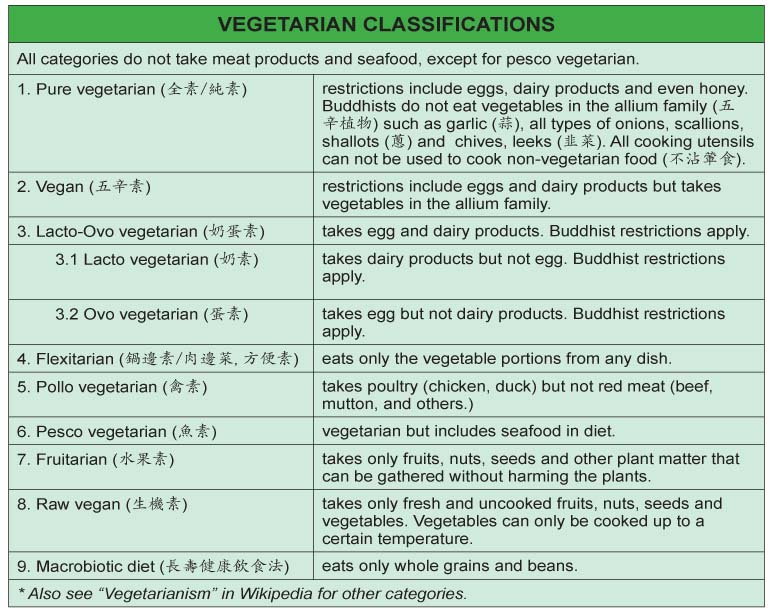
Much has been said about global warming. It causes glaciers to melt, higher sea levels and resultant flooding, and more storms which are increasingly destructive. Unmitigated, many animals and plants are expected to die as they lose their habitats, causing a serious imbalance in the ecosystem.
One well-known culprit is carbon dioxide, emitted in huge quantities when we burn fossil fuels like coal and oil. In the atmosphere, it and other greenhouse gases cover the planet like a mantle to trap more heat, causing the earth to warm up.
Other greenhouse gases, such as methane and ammonia, are more potent than carbon dioxide. These two come from animal husbandry, mostly animals being raised for food.
This has led even the United Nations to support vegetarianism as a way to stymie global warming.
Reports from the UN Environment Programme and Food and Agriculture Organization correlate a vegetarian diet to solving world hunger, ending poverty, and mitigating the worst impacts of climate change.
Here are the reasons:
Climate change. Greenhouse gases from animal husbandry account for 18 percent of total greenhouse gases emitted. It leads to the discharge of methane – the negative effect of which is 23 times that of carbon dioxide – and ammonia (in acid rain). Methane accounts for 37 percent of total greenhouse gases emitted, and ammonia, 64 percent. Meanwhile, animal husbandry accounts for 65 percent of total nitrous oxide emissions by human beings. As a threat to global warming, it is 296 times more potent than carbon dioxide.
Land degradation, biodiversity loss. Global warming threatens all animal and human life. It also leads to deforestation, pollution, and overfishing. Studies published in the journal Science in 2015 indicate that if nothing is done to curb climate change, one-sixth of animal species will go extinct. Livestock grazing occupies 26 percent of the planet’s land. It is also among the main motivation when people destroy forests: to make room for livestock. Land degradation and the spread of desertification lead to the loss of biodiversity in the marine ecosystem, resulting in water pollution, eutrophication, and degradation of coral reefs. Eutrophication is when runoffs from land go into bodies of water, causing the water to be overly enriched with minerals and nutrients, such as phosphorus and nitrogen. This, in turn, leads to excessive growth of algae and other water plants. This growth can use up oxygen in the water, causing death to fish and other marine creatures. A farmer can feed up to 30 people throughout the year with vegetables, fruits, cereals and vegetable fats on one hectare of land. That land can feed only five to 10 if used to produce eggs, milk, and/or meat.
Sustainable consumption, production. By 2050, the world population will reach 9.5 billion, 70 percent of whom will live in resource-intensive urban areas. Three billion middle-class consumers will join the global economy by 2040. So many more people will need to eat. They must adopt sustainable ways of food consumption and production. This will help conserve resources that are needed for the future. As it is today, a child dies of hunger every 10 seconds. That’s 3.1 million children a year. That does not include adults.
Ethical treatment of animals. Livestock is subject to poor and cruel treatment, raised as food and eventually slaughtered for food. The lack of regulatory oversight and substandard living conditions mean diseases in farmed animals proliferate. While being raised, they receive added hormones and pesticides – and this all ends up on your plate.

